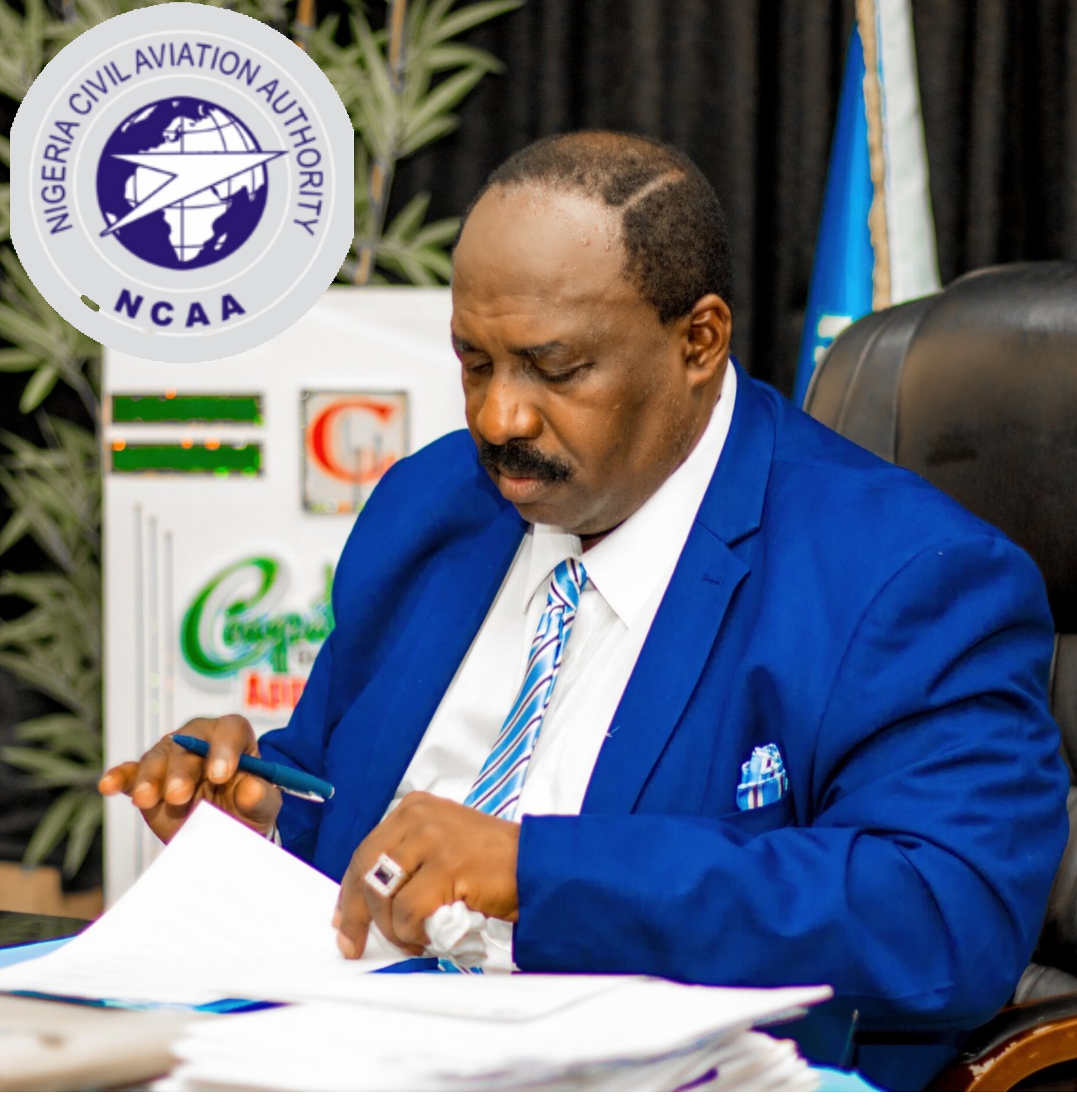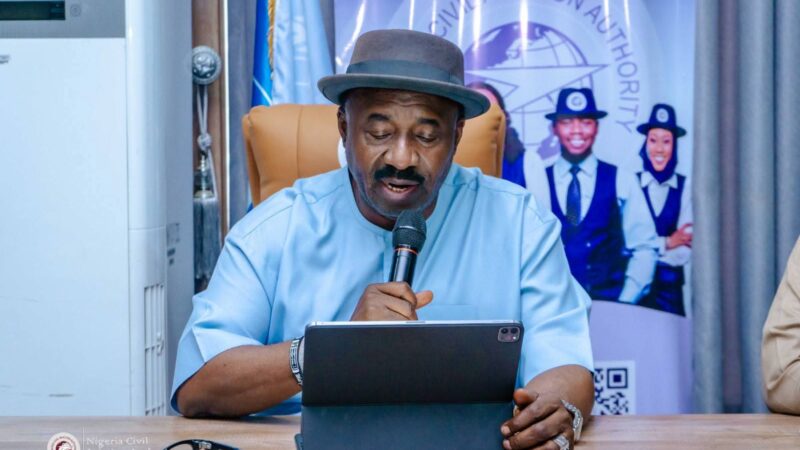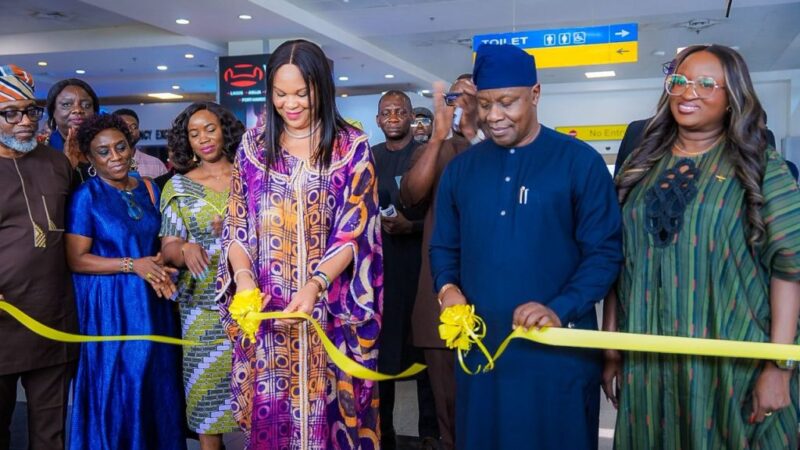NCAA Clarifies U.S. Ban on Nigerian Airlines, Affirms Commitment to Safety and Compliance

In response to recent reports concerning a supposed ban on Nigerian airlines by the United States, the Nigeria Civil Aviation Authority (NCAA) has issued a statement today – September 2nd, 2024 – to address and clarify the situation.
In the statement, Acting Director-General of the NCAA, Capt. Chris Najomo, emphasised that the reports have created a misleading impression, necessitating a proper clarification to avoid any confusion.
Capt. Najomo explained that, for Nigerian airlines to operate in the United States, Nigeria must maintain Category 1 status under the International Aviation Safety Assessment (IASA) Programme, which is conducted by the U.S. Federal Aviation Administration (FAA).
Achieving Category 1 status permits Nigerian-registered aircraft, as well as dry-leased foreign aircraft, to operate flights to the U.S. in accordance with the Bilateral Air Services Agreement (BASA).
Nigeria first achieved this Category 1 status in August 2010, with subsequent safety assessments by the FAA in 2014 and 2017 confirming the country’s adherence to the necessary safety standards.
However, Capt. Najomo pointed out that the FAA made a significant update in September 2022, delisting countries, including Nigeria, that had no indigenous airline providing service to the U.S. or carrying the code of a U.S. airline for a continuous two-year period.
He said Nigeria, having no operator in this category, was consequently delisted in 2022.
“No Nigerian operator has provided service into the United States using a Nigerian registered aircraft within the 2-year period preceding September, 2022 so it was expected that Nigeria would be de-listed as were other countries who fell within this category.
“Nigeria was,therefore,de-listed since 2022 and was duly informed of this action in 2022,” Najomo explained.
However, Najomo highlighted that this delisting is not related to any safety or security concerns with Nigeria’s aviation oversight.
“Nigeria has undergone comprehensive ICAO Safety and Security Audits and recorded no Significant Safety Concern (SSC) or Significant Security Concern (SSeC),” Capt. Najomo stressed, underscoring the country’s ongoing commitment to international safety and security standards.
Despite the delisting, Capt. Najomo reassured that Nigerian operators can still serve U.S. routes through wet-leased aircraft from countries with current Category 1 status.
Additionally, he assured that the NCAA remains steadfast in upholding international safety standards while respecting the sovereignty of all states, including the United States, in accordance with the Convention on International Civil Aviation.
“The NCAA continues to adhere strictly to international safety and security standards and respects the sovereignty of States, including the United States of America, as enshrined in Article One of the Convention on International Civil Aviation.
“This provision gives States complete and exclusive sovereignty over the airspace above their territories,” said Najomo.
To address the situation, Najomo disclosed that the Minister of Aviation and Aerospace Development, Festus Keyamo, has launched an international campaign aimed at empowering local operators.
This campaign, according to him, includes initiatives to access the dry-lease market globally, highlighted by a visit to AIRBUS in France earlier this year and the signing of a Memorandum of Understanding (MOU) with BOEING in Seattle, Washington, last week.
Furthermore, the Minister has been actively working towards ensuring Nigeria’s full compliance with the Cape Town Convention, which is expected to restore international lessors’ confidence in the Nigerian aviation market.
Capt. Najomo expressed confidence that these efforts would soon lead to Nigeria regaining and sustaining its U.S. Category 1 status.







